It is rational to trust your peers or positions of authority, but it is a mistake.
Here is a concise argument for technoCriticism, in four items: https://www.baldurbjarnason.com/2025/followup-on-trusting-your-own-judgement/ by @baldur
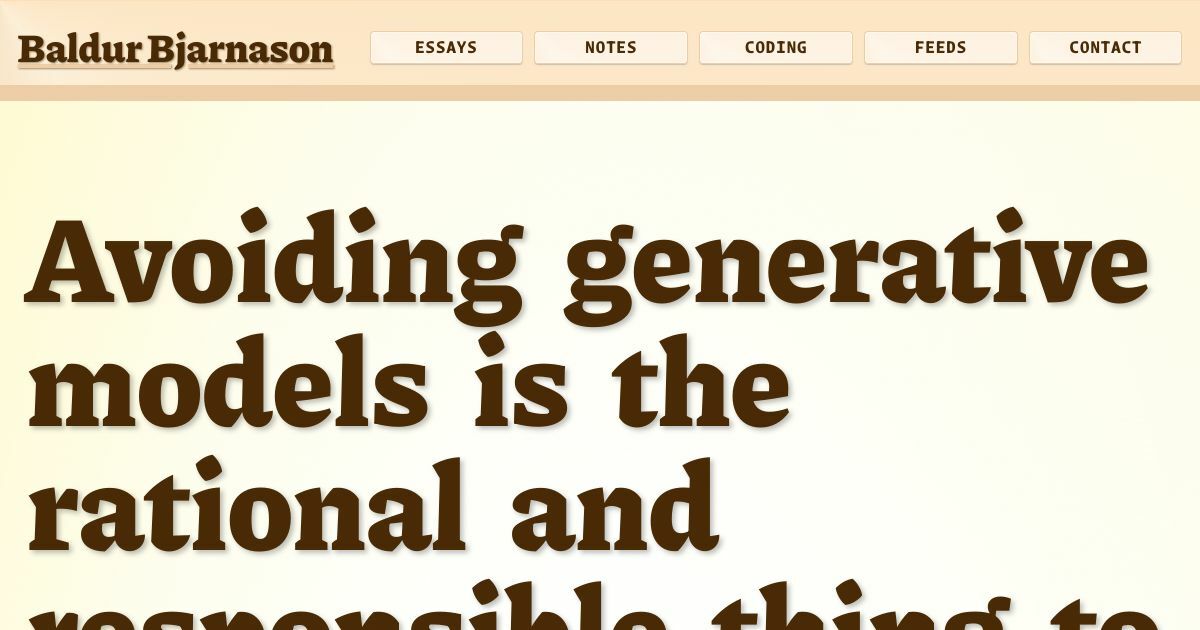
It is rational to trust your peers or positions of authority, but it is a mistake.
Here is a concise argument for technoCriticism, in four items: https://www.baldurbjarnason.com/2025/followup-on-trusting-your-own-judgement/ by @baldur

Why does the learning styles myth persist? Learners are different (a true general claim). It also fits an egalitarian view, implying everyone has strengths, and has become "common knowledge" through confirmation bias. #CognitiveBias
Ho pubblicato il sequel di "bias cognitivi e politica"
Anche se in fondo so che non serve a nulla,
lo pubblico lo stesso
#biascognitivi #politica #neuroscienze #manipolazione #cervello #neuropsicologia #criticapolitica #propaganda #decisionmaking #bias #cognitivebias #neuroscience #brain #manipulation #politics #media #masspsychology #michiyospace
https://michiyospace.altervista.org/come-costruire-un-nemico-nella-mente-del-cittadino/
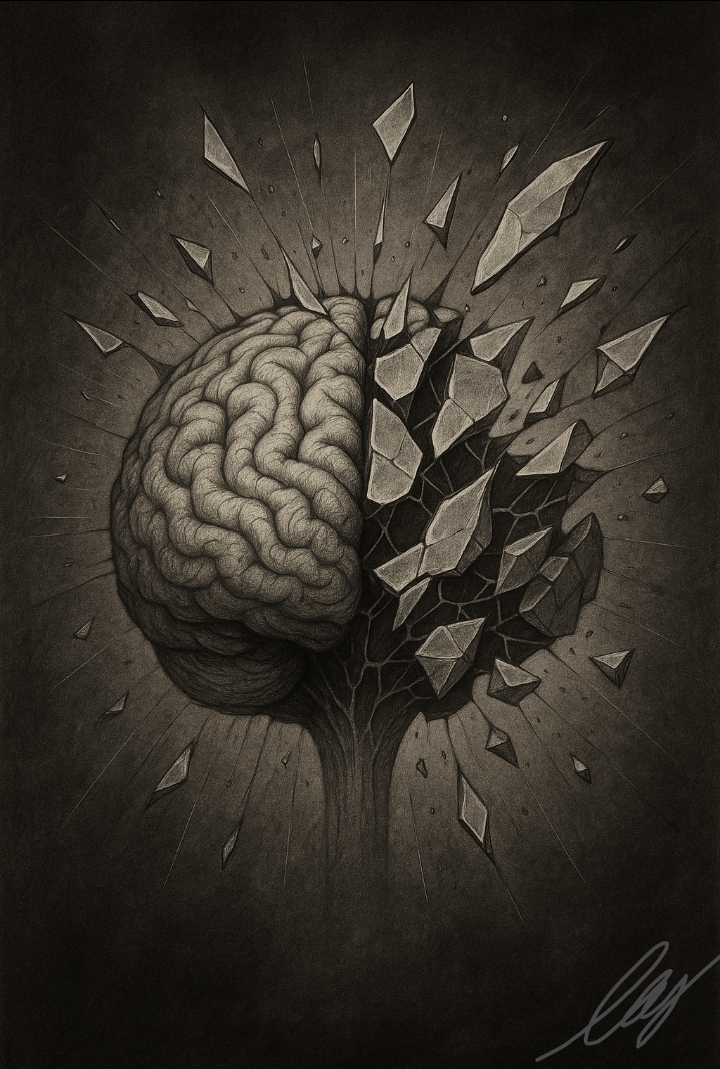
Ogni volta che scegliamo, pensiamo di farlo con la testa.
Ma spesso è il cervello a scegliere per noi.
In automatico. In silenzio.
In base a scorciatoie mentali che non sappiamo nemmeno di avere.
Il problema non è che siamo manipolabili.
Il problema è che ci hanno convinti di non esserlo.
Come ci illudiamo di scegliere mentre ci scelgono.
#biascognitivi #politica #neuroscienze #voto #manipolazione #cervello #democrazia #dopamina #neuropolitics #cognitivebias
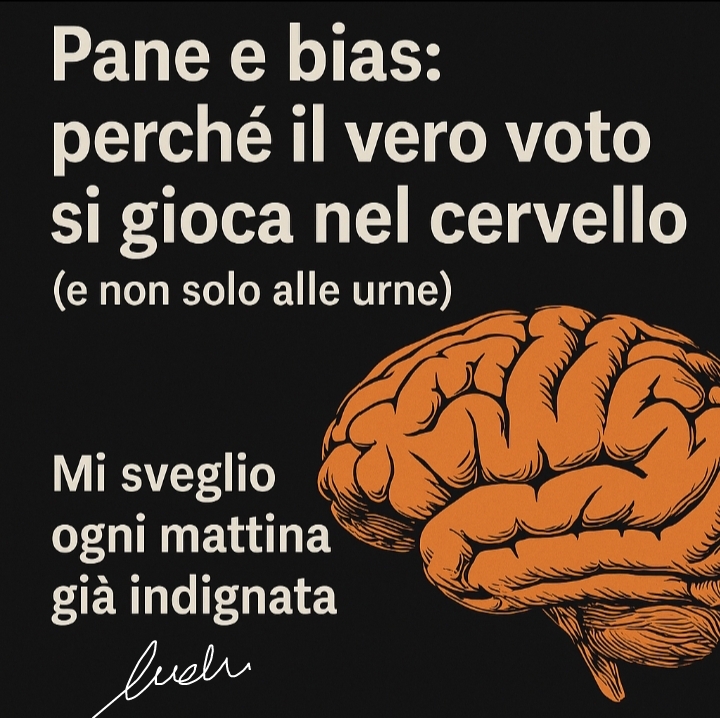
The psychology behind AI credibility is fascinating and troubling. Hugo Mercier's research shows that cognitive fluency—how smoothly information flows—often substitutes for actual credibility in our mental processing.
When AI delivers coherent answers, our evolved instincts for conversation kick in. We trust the fluency, even when the content lacks grounding in verified sources.
#CognitiveBias #AIEthics
Why studying psychology is so important in our lives? Let's explore how psychology classes can help you improve your lifestyle and change your life for the better.
#PsychologyMatters #PositivePsychology #PsychologyTips #MentalHealth #PsychologyFacts #Mindfulness #EmotionalIntelligence #SelfAwareness #PositiveThinking #StressManagement #PersonalGrowth #BehavioralPsychology #CognitiveBias
https://www.scientificworldinfo.com/2019/11/the-importance-of-psychology-in-our-daily-lives.html
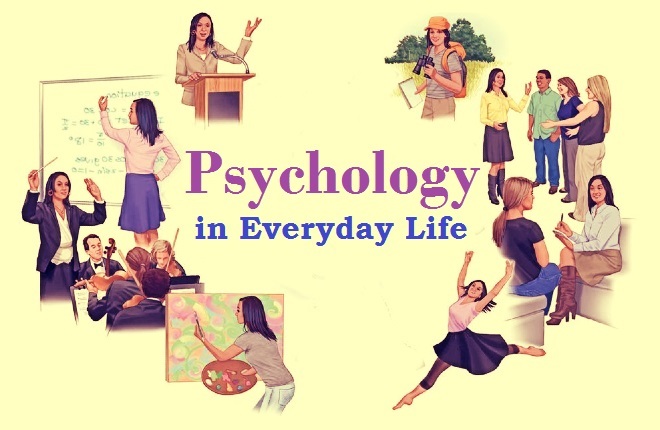
Belief in fake news linked to problematic social media use https://arstechni.ca/tmDyx #problematicsocialmediause #disinformation #misinformation #cognitivebias #socialmedia #psychology #addiction #Science
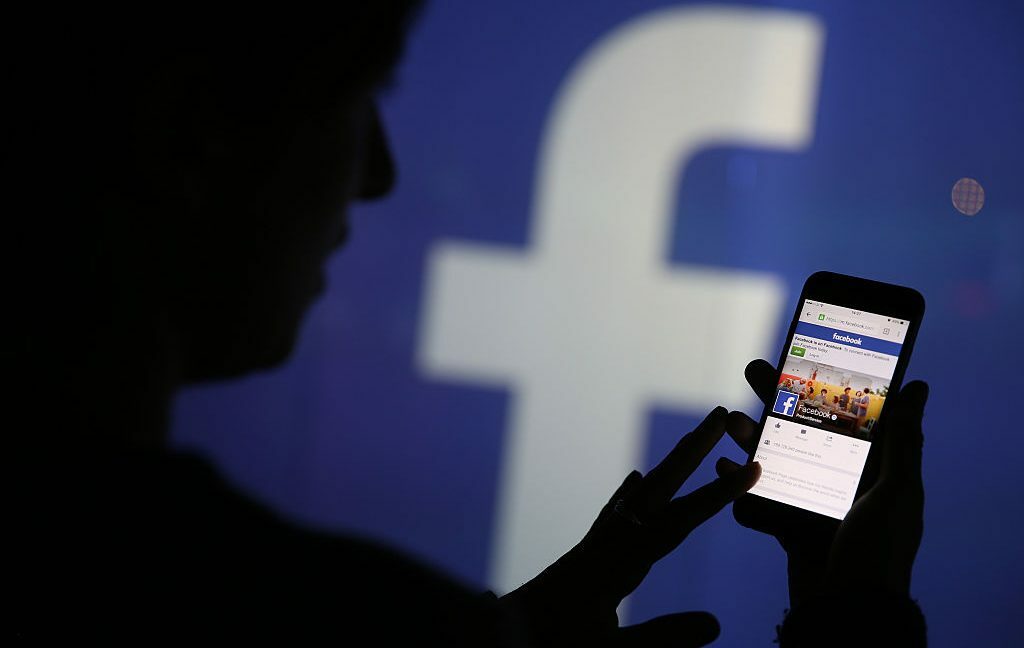
Medicine’s over-generalization problem — and how AI might make things worse
#AI #DeepSeek #ChatGPT #AIInMedicine #MedicalResearch #Generics #HealthCommunication #LLMs #MedicalEthics #ScienceCommunication #AIBias #CognitiveBias #Tech #Health #Medicine
https://the-14.com/medicines-over-generalization-problem-and-how-ai-might-make-things-worse/
sometimes our group identity has more influence on our beliefs than actual ideology. #CriticalThinking #CognitiveBias
Belief is Uncertainty - How Holding onto Belief Distorts Reality and Fuels Cognitive Bias
https://youtu.be/9Fs-qkn2-RI
#Belief #Uncertainty #CognitiveBias #DistortedReality #HowBeliefsAffectPerception #SuspendingBelief #CriticalThinking #MentalFilters #TruthVsBelief #SelfAwareness #QuestioningBeliefs #RealityCheck #PsychologicalBias #BeliefVsKnowledge #SelfReflection #ChallengingBeliefs #Truth #MindsetShift #BreakingBias #MentalClarity #Philosophy #PsychologicalIllusions
"The curse of knowledge - Lessons in Engineering Leadership" https://www.engineeringleadership.xyz/p/the-curse-of-knowledge #Leadership #Engineering #Communication #KnowledgeSharing #Teamwork #CognitiveBias #EffectiveLeadership #TechLeadership #ProfessionalDevelopment #EngineeringManagement
#CognitiveBiases in the #Bible (with Dr. Bart Ehrman)
https://www.youtube.com/watch?v=YYfxczHZfgI&list=WL
"The authors of the #NewTestament experienced #cognitivebias like anyone else, and sometimes that shows in the text. Dr. Bart Ehrman joins me to discuss how #attributionbias, #fundamentalattributionerror, and #confirmationbias influenced the writings of the #apostlePaul, the Pastoral #epistles, the New Testament canon, and #biblical interpretation."
"Affordance Aversion" : The bias that makes devs resist declarative, dynamic API models (like ALPS) in favor of rigid schemas and static interfaces.
Loss Aversion + Endowment Effect = Overvaluing predictability, fearing flexibility.
Want resilient APIs? Rethink the trade-offs.
https://en.wikipedia.org/wiki/List_of_cognitive_bias
https://en.wikipedia.org/wiki/Cognitive_bias
List of cognitive biases
𝗔 #𝗰𝗼𝗴𝗻𝗶𝘁𝗶𝘃𝗲𝗯𝗶𝗮𝘀 𝗶𝘀 𝗮 𝘀𝘆𝘀𝘁𝗲𝗺𝗮𝘁𝗶𝗰 𝗽𝗮𝘁𝘁𝗲𝗿𝗻 𝗼𝗳 𝗱𝗲𝘃𝗶𝗮𝘁𝗶𝗼𝗻 𝗳𝗿𝗼𝗺 𝗻𝗼𝗿𝗺 𝗼𝗿 𝗿𝗮𝘁𝗶𝗼𝗻𝗮𝗹𝗶𝘁𝘆 𝗶𝗻 𝗷𝘂𝗱𝗴𝗺𝗲𝗻𝘁.[𝟭] 𝗜𝗻𝗱𝗶𝘃𝗶𝗱𝘂𝗮𝗹𝘀 𝗰𝗿𝗲𝗮𝘁𝗲 𝘁𝗵𝗲𝗶𝗿 𝗼𝘄𝗻 "#𝘀𝘂𝗯𝗷𝗲𝗰𝘁𝗶𝘃𝗲𝗿𝗲𝗮𝗹𝗶𝘁𝘆" 𝗳𝗿𝗼𝗺 𝘁𝗵𝗲𝗶𝗿 𝗽𝗲𝗿𝗰𝗲𝗽𝘁𝗶𝗼𝗻 𝗼𝗳 𝘁𝗵𝗲 𝗶𝗻𝗽𝘂𝘁. 𝗔𝗻 𝗶𝗻𝗱𝗶𝘃𝗶𝗱𝘂𝗮𝗹'𝘀 𝗰𝗼𝗻𝘀𝘁𝗿𝘂𝗰𝘁𝗶𝗼𝗻 𝗼𝗳 𝗿𝗲𝗮𝗹𝗶𝘁𝘆, 𝗻𝗼𝘁 𝘁𝗵𝗲 𝗼𝗯𝗷𝗲𝗰𝘁𝗶𝘃𝗲 𝗶𝗻𝗽𝘂𝘁, 𝗺𝗮𝘆 𝗱𝗶𝗰𝘁𝗮𝘁𝗲 𝘁𝗵𝗲𝗶𝗿 𝗯𝗲𝗵𝗮𝘃𝗶𝗼𝗿 𝗶𝗻 𝘁𝗵𝗲 𝘄𝗼𝗿𝗹𝗱. 𝗧𝗵𝘂𝘀, 𝗰𝗼𝗴𝗻𝗶𝘁𝗶𝘃𝗲 𝗯𝗶𝗮𝘀𝗲𝘀 𝗺𝗮𝘆 𝘀𝗼𝗺𝗲𝘁𝗶𝗺𝗲𝘀 𝗹𝗲𝗮𝗱 𝘁𝗼 𝗽𝗲𝗿𝗰𝗲𝗽𝘁𝘂𝗮𝗹 𝗱𝗶𝘀𝘁𝗼𝗿𝘁𝗶𝗼𝗻, 𝗶𝗻𝗮𝗰𝗰𝘂𝗿𝗮𝘁𝗲 𝗷𝘂𝗱𝗴𝗺𝗲𝗻𝘁, 𝗶𝗹𝗹𝗼𝗴𝗶𝗰𝗮𝗹 𝗶𝗻𝘁𝗲𝗿𝗽𝗿𝗲𝘁𝗮𝘁𝗶𝗼𝗻, 𝗮𝗻𝗱 𝗶𝗿𝗿𝗮𝘁𝗶𝗼𝗻𝗮𝗹𝗶𝘁𝘆.[𝟮][𝟯][𝟰]
While cognitive biases may initially appear to be negative, some are adaptive. They may lead to more effective actions in a given context.[5] Furthermore, allowing cognitive biases enables faster decisions which can be desirable when timeliness is more valuable than accuracy, as illustrated in heuristics.[6] Other cognitive biases are a "by-product" of human processing limitations,[1] resulting from a lack of appropriate mental mechanisms (bounded rationality), the impact of an individual's constitution and biological state (see embodied cognition), or simply from a limited capacity for information processing.[7][8] Research suggests that cognitive biases can make individuals more inclined to endorsing pseudoscientific beliefs by requiring less evidence for claims that confirm their preconceptions. This can potentially distort their perceptions and lead to inaccurate judgments.[9]
A continually evolving list of cognitive biases has been identified over the last six decades of research on human judgment and decision-making in cognitive science, social psychology, and behavioral economics. The study of cognitive biases has practical implications for areas including clinical judgment, entrepreneurship, finance, and management.[10][11]
e.g.: